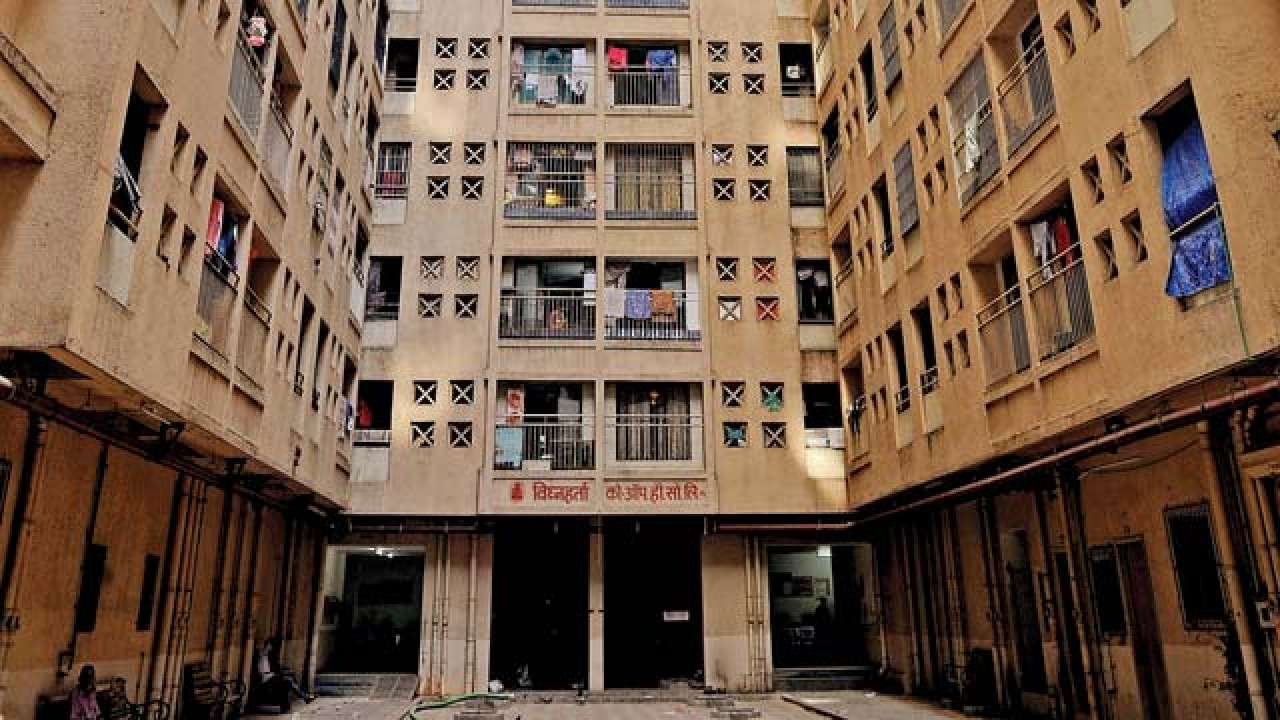
There are two posh sports clubs in my town and both offer only one kind of membership: Family membership for four people, specifically husband, wife and two children. People in other household structures — single, single with parents or even couple with no children — can use the facilities on a monthly fee basis but cannot become members. We Indians have a thing for family — that sacred structure of papa, mamma and two children. Film director and producer Karan Johar savvily exploited that peculiarity in his movies and NRIs are still getting misty eyed over it. Nowhere is this more in stark relief than in building societies and their RWAs, the new age guardians of middle-class Indian values.
Last week, in two separate cities, there were ugly incidents of RWAs evicting visitors from the homes of certain tenants. In Gurugram’s Essel Towers, a fracas ensued when women visiting bachelor residents were denied entry. In a video of the incident, which is doing the rounds on social media, a woman tenant who opposed this is yelled at by a male resident for “supporting prostitution”. In Kalyani Nagar in Pune, the same incident played out but this time with female tenants and their male friend who was thrown out of the premises by angry residents as it was past 10 pm. The matter escalated enough for enraged residents to call the police.
The common grouse of RWAs who deny tenancy to single people is the possibility of noisy parties and too many strangers of the opposite sex visiting at odd hours. These perceptions are based on stereotypes, as many single working adults have far less exciting lives. They are often youngsters from smaller towns who don’t know too many people in the new city. All week they commute, work hard and crash out in their flats on weekends. Also, it is not that “typical” family set ups are havens of peace. Some of the ugliest stories of property disputes or old people being treated cruelly come from such households. So, as fears go, the RWAs’ are rather exaggerated.
In both the incidents that happened last week, residents cited security as the key objection. If any resident can bring in anyone at any time to their flats, then the exposure to “bad elements” increases, is their stand. Many building societies follow a rule requiring absolutely anyone who wants to enter the premises, including Ola and Uber drivers, to submit an identity card at the entrance which they can collect when they leave. That could be a possible solution to appease fears of unidentified visitors. Some societies have issued notices restricting the timing of visitors but that is tricky because a retired person’s bedtime is a youngster’s evening. Besides, it is a bit ridiculous when even student hostels are demanding freedom from time restrictions of entry and exit.
Interestingly, often the flat owner has no problem with the tenant’s lifestyle, but the neighbours and the RWA do. Legally, a building society is considered a service provider to the residents under the Consumer Protection Act in its role as provider of common amenities. The by-laws it creates are only broad guidelines for its day-to-day functioning. RWAs do not have any constitutional right to restrict anyone from becoming a tenant. While some building societies have passed orders prohibiting leasing of flats to people of specific demographics, it is the flat owner who has the ultimate right to decide who he wants as a tenant. It is indeed the fundamental right of any Indian to live wherever he wants, and discrimination on grounds of sex, age, religion or caste is illegal.
If an RWA openly declares in a written notice that certain people will not be allowed to be tenants in their building, legal action can be taken against them.
But what if it doesn’t? There’s a wide gap between formal laws and social practice. It is always in that gap that the reality of all exclusion and discrimination lies.
The writer is the author of the book Urban Villager: Life in an Indian satellite town